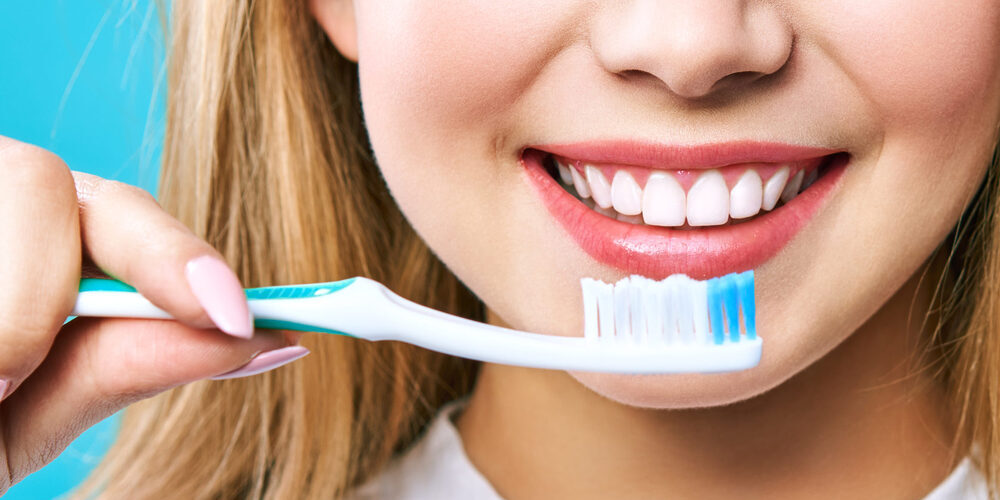
How Do You Clean Veneers? Expert Answers Inside
How to Clean Veneers
Maintaining the shine and durability of your dental veneers is essential. Veneers are thin shells made of porcelain or composite resin, bonded to the front surface of your teeth to improve their appearance. Proper cleaning is crucial not only for the longevity of the veneers but also for maintaining their aesthetic appeal. So how do you clean veneers?
In this article, we will guide you through the essential steps and techniques to effectively clean your veneers at home, as recommended by experts in the field of dentistry.
To keep your veneers in top condition:
- Brush twice a day with a soft-bristled toothbrush.
- Use non-abrasive toothpaste to avoid scratching.
- Floss daily to remove plaque between teeth.
- Rinse with an alcohol-free mouthwash for a thorough clean.
Following these practices ensures your veneers stay beautiful and functional.
Understanding Veneers and Their Cleaning Needs
Dental veneers are thin, custom-made shells designed to cover the front surface of teeth. They are commonly used to enhance smiles by improving the appearance of teeth that are discolored, worn down, chipped, or misaligned.
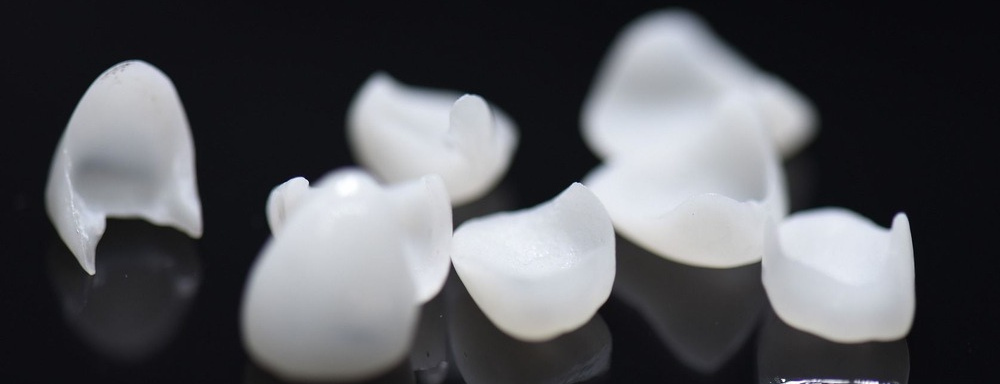
Types of Veneers
There are two primary types of veneer materials:
- Porcelain Veneers: Known for their durability and natural appearance, porcelain veneers are highly resistant to staining. They are a popular choice for those looking to achieve a long-lasting, aesthetically pleasing smile. However, their strength and resistance can sometimes make them more challenging to clean without proper techniques.
- Composite Veneers: Made from a tooth-colored resin, composite veneers are generally less expensive than porcelain veneers. While they can be applied in a single visit and easily repaired if damaged, composite veneers may not be as stain-resistant and durable as their porcelain counterparts. This characteristic necessitates diligent cleaning practices to maintain their appearance.
Understanding the unique characteristics of each type of veneer is crucial when considering how to clean veneers effectively. Porcelain veneers might require different maintenance techniques compared to composite veneers due to their material properties.
Essentially, proper cleaning methods tailored to the specific type of veneer material help in preserving their longevity and aesthetic appeal.
For further insights into dental options, you can explore FineUp Clinic’s blog, which offers expert insights on health tourism in Turkey – including the booming dental and cosmetic tourism scene.
Additionally, if you’re specifically interested in getting dental veneers in Turkey, FineUp Clinic has an informative resource – the Ultimate Guide to Dental Veneers in Turkey – that highlights the benefits of undergoing this treatment in Turkey, such as affordable prices, expert care, and a beautiful smile transformation.
Regular maintenance ensures that whether you choose porcelain or composite veneers, your smile remains bright and beautiful.
The Role of Oral Hygiene in Maintaining Veneer Health
Good oral hygiene practices are essential for maintaining the longevity and durability of veneers. By following a consistent oral care routine for veneers, you can ensure that your smile remains bright and your veneers last longer.
Neglecting dental health can lead to plaque and gum disease, which can compromise the integrity of your veneers. Plaque buildup, a sticky film of bacteria, can easily accumulate around and between veneers if not properly managed. This can result in gum inflammation, recession, and even decay on the underlying tooth structure.
Risks associated with poor oral hygiene for veneer wearers:
- Plaque Buildup: Plaque harbors bacteria that produce acids, which can erode the bonding material used to attach veneers.
- Gum Disease: Inflammation from plaque buildup can lead to gingivitis or periodontitis, affecting both your natural teeth and veneers.
- Tooth Decay: While veneers themselves do not decay, the natural tooth underneath is still susceptible to cavities if proper cleaning is neglected.
Maintaining an effective oral hygiene regimen helps mitigate these risks. This includes:
- Brushing Twice Daily: Using a soft-bristled toothbrush to clean all surfaces gently.
- Flossing Daily: Removing food particles and plaque from between teeth and along the gumline.
- Using Mouthwash: Incorporating an alcohol-free, antibacterial mouthwash to reduce bacterial load.
Proper oral care ensures that both your natural teeth and veneers remain healthy, providing you with a long-lasting, beautiful smile.
How Do You Clean Veneers Properly
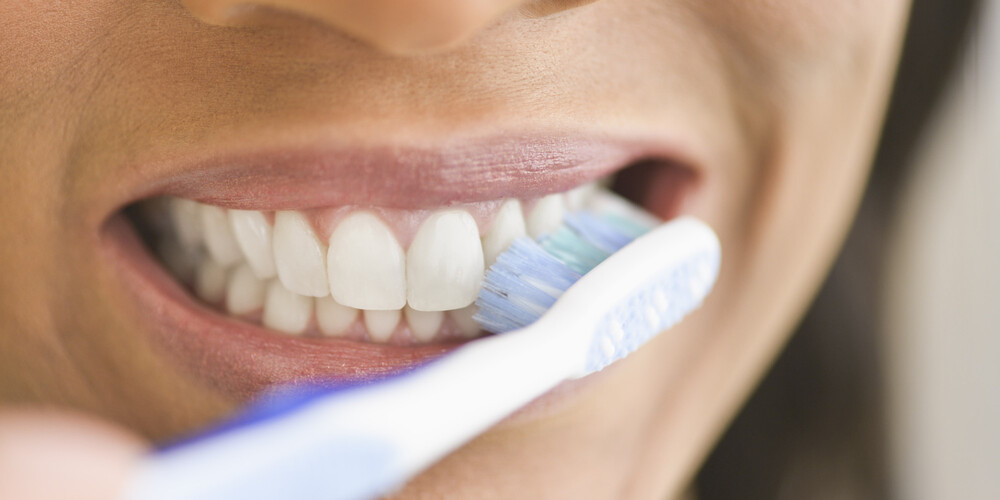
1. Brushing Techniques for Veneer Care
How to clean veneers effectively starts with proper brushing techniques. Here’s a detailed guide on maintaining the pristine look of your veneers through daily brushing:
- Brush Twice Daily: Make it a habit to brush at least twice a day—morning and night. This routine helps in removing plaque and food particles that can cause discoloration or decay around your veneers.
- Use a Soft-Bristled Toothbrush: Opt for a soft-bristled toothbrush. Hard bristles can be too abrasive, potentially scratching or wearing down the veneer surfaces over time. Brands like Oral-B and Colgate offer excellent choices suitable for veneers.
- Non-Abrasive Toothpaste: Select a non-abrasive toothpaste to avoid damaging your veneers. Abrasive toothpastes can scratch the surface, leading to dullness and increased susceptibility to staining. Avoid whitening toothpastes as they contain ingredients that may harm the veneer’s finish.
- Proper Brushing Technique:
Hold your toothbrush at a 45-degree angle to the gum line.
Use gentle, circular motions rather than harsh scrubbing.
Ensure you cover all surfaces—front, back, and chewing surfaces of your teeth.
Pay special attention to the gum line, where plaque tends to accumulate.
- Electric Toothbrush Benefits: Consider using an electric toothbrush with soft bristles, which can provide consistent pressure and thorough cleaning without risking damage to your veneers.
By integrating these brushing techniques into your daily oral care routine, you maintain not only the aesthetic appeal of your veneers but also their structural integrity over time. Proper dental hygiene for veneers is essential for long-lasting results.
2. Flossing and Interdental Care for Veneers
Why is flossing crucial? Plaque can easily accumulate in the tiny spaces between your veneers, just as it does with natural teeth. If not removed, this plaque can lead to gum issues and compromise the longevity of your veneers. Flossing daily is key to maintaining optimal dental hygiene for veneers. So how do you clean veneers?
Gentle interdental cleaning techniques:
- Choose the right floss: Opt for a floss that slides smoothly between your veneers without shredding. Waxed floss or dental tape can be ideal choices.
- Proper technique: Gently slide the floss between your teeth and curve it into a C-shape around each tooth, ensuring you reach beneath the gumline and clean under veneers. Avoid snapping or forcing the floss as this can damage your gums.
- Consider interdental brushes: For those hard-to-reach areas, interdental brushes can be an excellent tool. Select a brush size that fits comfortably between your teeth and use it to gently clean the spaces.
Incorporating these flossing practices into your routine helps maintain pristine veneers and supports overall oral health.
3. Mouthwash and Additional Tools for Veneer Maintenance
Antibacterial Mouthwash
Incorporating an antibacterial mouthwash into your daily routine can significantly aid in maintaining the cleanliness of your veneers. This type of mouthwash helps to reduce plaque buildup and prevent gum infections, which is particularly beneficial for those with veneers. An alcohol-free formula is recommended to avoid drying out the mouth and potentially damaging the veneer bonding.
Additional Cleaning Aids
Water Flossers
Water flossers are excellent tools for cleaning around veneers. They use a pressurized stream of water to remove food particles and plaque from between teeth and along the gumline. This method is gentle yet effective, ensuring thorough cleaning without risking damage to the veneers.
Interdental Brushes
These tiny brushes can reach areas that regular toothbrushes might miss. They’re particularly useful for cleaning between veneers, where plaque can accumulate. Ensure you choose brushes with soft bristles to avoid scratching the veneer surface.
Soft Toothbrushes
Using a soft toothbrush for veneers is crucial. Hard-bristled brushes can be abrasive and may scratch or wear down the veneer surface over time.
Adopting these tools and techniques as part of your dental hygiene routine ensures that your veneers remain in pristine condition, enhancing both their longevity and appearance.
Recommended Products for Cleaning Veneers
Choosing the right oral care products is crucial for maintaining the health and appearance of your veneers. Here’s what you need to know:
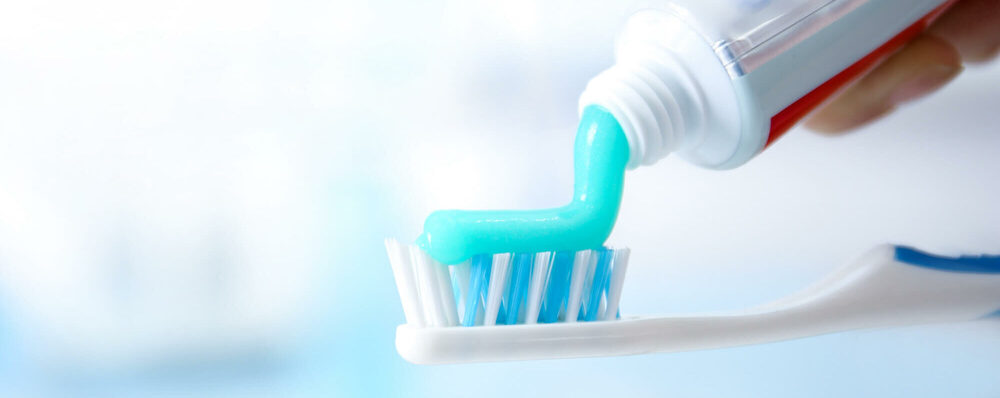
Fluoride Toothpaste: A Must-Have
Using fluoride toothpaste is beneficial for overall dental health, including veneers. Fluoride helps to strengthen enamel and prevent cavities, ensuring that both your natural teeth and veneers remain in top condition. Avoid abrasive toothpastes as they can scratch the surface of your veneers, leading to a dull appearance over time.
Specialized Veneer Cleaners
For optimal care, consider products specifically designed for veneer maintenance. These cleaners are formulated to be gentle yet effective:
- GC America MI Paste Plus: This product combines fluoride with calcium and phosphate to enhance remineralization without causing abrasions.
- Crest Pro-Health Advanced: Known for its gentle formulation, this toothpaste is free from harsh ingredients that could damage veneers.
- Sensodyne Pronamel Gentle Whitening: Offers a balance between whitening and sensitivity protection, making it a good choice for veneer users.
Mouthwash Options
Incorporating an alcohol-free mouthwash can greatly benefit those with veneers. Products like Listerine Zero or CloSYS Ultra Sensitive provide antibacterial benefits without the harshness of alcohol, which can dry out the mouth and affect veneer longevity.
By selecting these recommended products, you ensure that your veneers receive the care they need while promoting overall dental health.
Potential Risks to Veneers and How to Avoid Them
Maintaining the integrity of your veneers involves more than just regular cleaning. Certain habits and dietary choices can significantly impact their longevity and appearance.
Harmful Habits to Avoid
- Nail Biting: This seemingly harmless habit can exert undue pressure on veneers, causing them to chip or crack over time.
- Teeth Grinding (Bruxism): If you grind your teeth, particularly at night, it can wear down the veneers. Consider using a mouthguard to protect them.
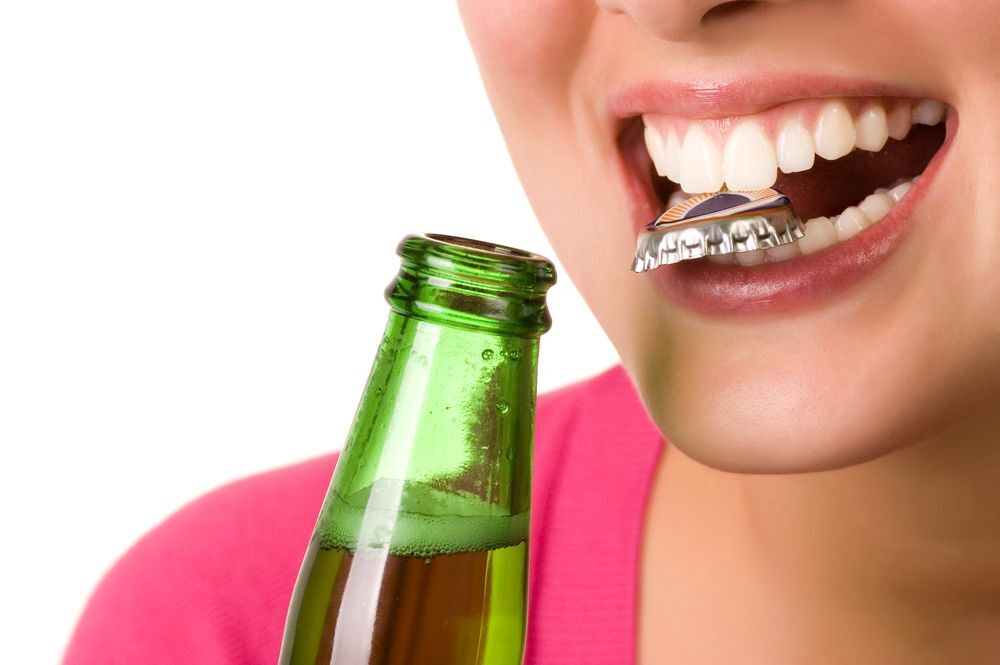
Diet Considerations for Veneers
- Stain-Causing Foods and Beverages: Coffee, tea, red wine, and berries are notorious for staining teeth. While veneers are resistant to stains, they are not entirely immune. Limiting consumption of these items helps maintain the pristine appearance of your veneers.
- Avoid Hard Foods: Foods like hard candies, ice, and nuts can be detrimental. They have the potential to chip or crack your veneers if not eaten with caution.
Avoid Abrasive Products
- Non-Abrasive Toothpaste: Opt for toothpaste that is non-abrasive to avoid scratching the veneer surfaces. Whitening products should be used sparingly as they may cause discoloration.
- Soft-Bristled Toothbrush: A soft-bristled toothbrush is essential for gentle yet effective cleaning without damaging the veneer surface.
By being mindful of these habits and dietary choices, you can significantly enhance the lifespan and appearance of your dental veneers.
The Importance of Professional Cleanings for Veneer Maintenance
Regular visits to the dentist for professional cleanings are essential, even with meticulous at-home care routines. Professional cleaning for veneers ensures any plaque or tartar buildup that home care might miss is effectively removed. This prevents potential gum issues and helps maintain the aesthetic appeal of your veneers.
What Happens During a Dental Check-Up:
- Examination: Your dentist will begin by thoroughly examining your veneers and natural teeth. This includes checking for any signs of damage, decay, or gum disease.
- Cleaning: A dental hygienist will meticulously clean your teeth and veneers, using specialized tools to remove plaque and tartar without damaging the veneer surfaces.
- Polishing: After cleaning, the hygienist will polish your veneers to restore their shine and smoothness, enhancing their appearance.
- Consultation: Your dentist will provide personalized advice on maintaining your veneers, addressing any concerns or questions you may have about your oral hygiene routine.
Regular professional cleanings are crucial not just for keeping your veneers in top condition but also for overall oral health. By incorporating these visits into your routine, you ensure that both your natural teeth and veneers remain healthy and beautiful.
Final Thoughts on Keeping Your Veneers Clean and Beautiful
To keep your veneers looking their best, it’s important to follow these guidelines:
- Consult with a dentist for personalized advice tailored to your specific needs.
- Remember that good dental hygiene for veneers benefits both your veneers and natural teeth.
By adopting a comprehensive approach to veneer cleaning and maintenance, you can ensure they remain beautiful and durable. Here are some key practices to prioritize:
- Regular brushing
- Flossing
- Using non-abrasive products
- Attending professional cleanings
These simple habits can go a long way in preserving the longevity and appearance of your veneers, allowing you to enjoy a radiant smile for years to come.
FAQs (Frequently Asked Questions)
What are dental veneers and why is cleaning them important?
Dental veneers are thin shells made from porcelain or composite materials that are bonded to the front surface of teeth to enhance smiles. Proper cleaning is essential for their longevity and appearance, as it helps prevent plaque buildup and maintains their aesthetic quality.
What types of veneers are available and how do they differ in cleaning needs?
There are two main types of veneers: porcelain and composite. Porcelain veneers are more stain-resistant and durable, while composite veneers can be more susceptible to staining. The type of material influences the cleaning methods recommended, with porcelain often requiring gentler care.
How does oral hygiene affect the health of my veneers?
Good oral hygiene practices significantly contribute to the longevity and durability of veneers. Plaque buildup can lead to gum disease, which poses a risk to both the gums and the integrity of the veneers. Regular brushing, flossing, and rinsing help maintain overall dental health.
What are the best techniques for brushing my veneers?
To effectively clean your veneers, use a soft-bristled toothbrush and non-abrasive toothpaste. Brush gently in circular motions to remove plaque without damaging the veneer surfaces. Avoid hard scrubbing or using abrasive products that could scratch or wear down the material.
Why is flossing important for maintaining veneers?
Flossing is crucial for reaching areas between your veneers where plaque can accumulate, which regular brushing may not reach. Daily flossing helps prevent gum issues and ensures that debris is removed from under the veneers for optimal oral health.
Should I consult a dentist for professional cleanings even if I care for my veneers at home?
Yes, regular visits to the dentist for professional cleanings are essential, even with proper at-home care routines. Professional cleanings help ensure thorough plaque removal and allow for an examination of your veneers to address any concerns early on.
